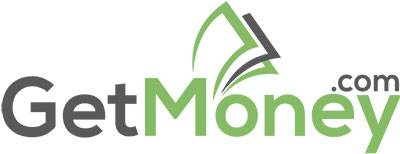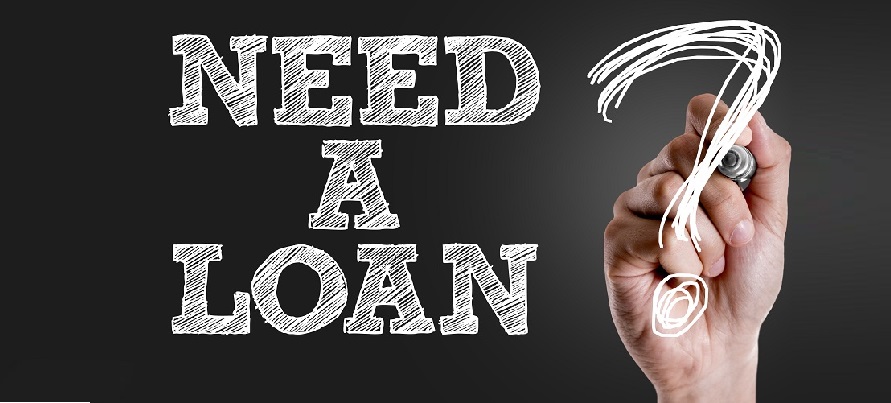First, let’s look at rate and term refinancing vs. cash-out refinancing.
Rate and term refinance: The goal here is to lower the interest rate and monthly mortgage payments. For VA mortgages, this is known as the Interest rate reduction refinance loan (IRRRL). Although you are not allowed to tap into your equity, you can still get money from the escrow account balance you’ll receive, and by skipping one or two mortgage payments depending on when your loan closes.
Skipping mortgage payments
If your loan funds (closes) on July 10th, you can either make the July payment or have it added to your loan balance. Since, mortgage companies bill in 30 increments, your August payment will be automatically built into the loan; and your next payment will be due in September. Which means, you skipped the July and August payments.
Getting your Escrow balance back
Every VA mortgage statement has a portion of your payment going towards your taxes and insurance, and the rest towards the interest and principal. The money for your taxes and insurance sits in an escrow account till your taxes and insurance premiums are due. At which point the lender will make the payment on your behalf.
With a new loan, the lender will have to set up a new escrow account and the existing (soon to be old) lender will mail you a check within 30 days.
Cash-out refinance
A cash-out refinance is for homeowners interested in taking cash out of the equity. The money is usually used to pay off high-interest debt and home-improvements. The VA cash-out refinance has guideline restrictions that are specific to VA loans and differ from regular conventional cash-out refinances.
How does a VA Mortgage work?
Department of Veterans Affairs (VA) assists Service members, Veterans, and eligible surviving spouses become homeowners. The loans are offered at competitive rates, without mortgage insurance for having less than 20% equity, and it often doesn’t require a down-payment.
VA mortgages are provided by private institutions, banks, and mortgage companies. A portion of the loan is guaranteed by the VA which allows the lender to offer a more favorable term on VA loans vs. traditional refinances.

VA Mortgage Benefits
1. VA mortgagees can borrow up to 100% of the purchase price as long as the purchase price doesn’t exceed the appraised value.
2. When requesting an IRRRL, the VA doesn’t require an appraisal.
3. A higher interest rate is OK when refinancing to a fixed rate from an adjustable rate mortgage.
4. The VA limits the fees a lender can charge. Total fees charged by the lender must be equal to or less than the total savings over 36-monts.
5. Guaranteed VA home loans will allow a higher DTI (debt to income ratio= debt/income) than conventional loans.
VA Mortgage Eligibility
To be approved for a VA mortgage, the veteran must have satisfactory credit, a valid certificate of eligibility (COE), and sufficient income. The property must be owner-occupied unless it’s a multi-unit structure. With multi-unit properties, the veteran must occupy one of the units as a primary residence.
VA Mortgage Costs
All veterans, excluding veterans collecting more than 10% disability, are required to pay a funding fee. The funding fee is determined based on property, type of loan, military category, down-payment if any. You can see the full breakdown of the VA fees here.
You are exempt from VA fees if:
• The veteran is receiving VA compensation for a service-related disability.
• If the veteran would be entitled to receive compensation for a service-related disability if they did not receive retirement or active duty pay.
• Surviving spouse of a Veteran who died from a service-related disability or in service.
It’s always a good idea to check with multiple sources when requesting a VA home loan. Be sure to choose a lender that is VA approved, reputable, and transparent with procedures and fees. We thank you for your service and look forward to meeting your needs.


